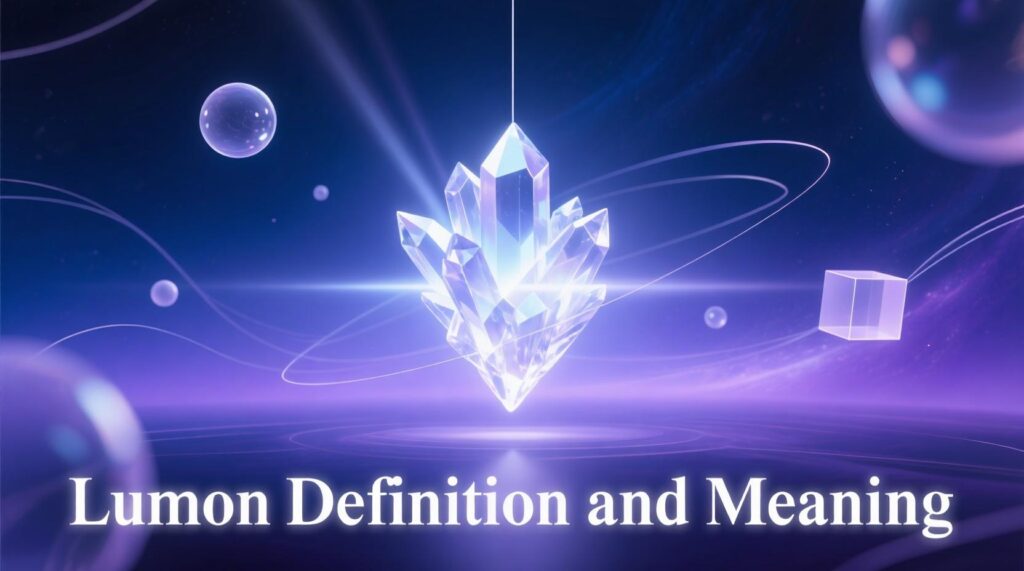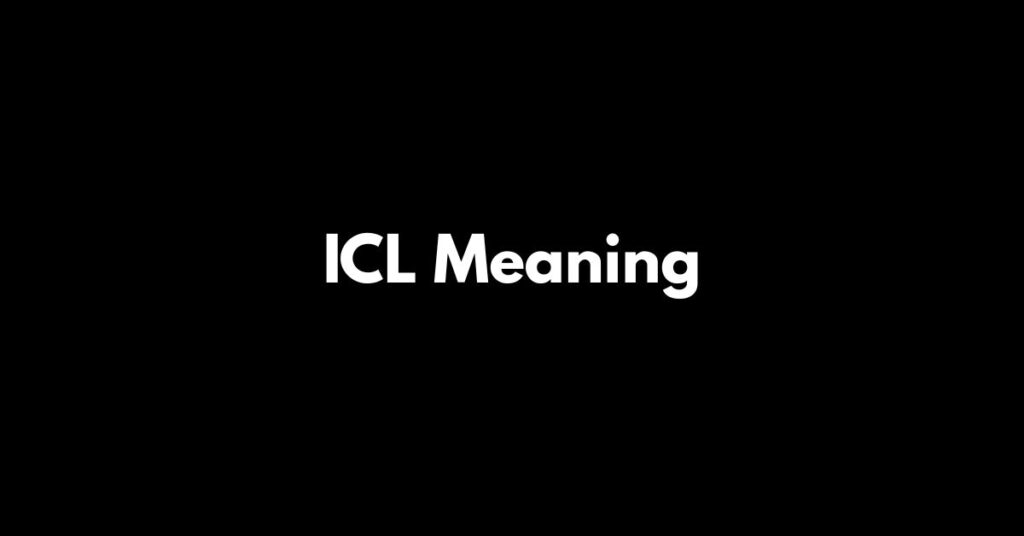Language never stands still. Words shift, evolve, and often surprise us with new identities. One such word that has fascinated both linguists and everyday speakers is Ketchum. At first glance, it looks like a simple surname or perhaps a pop culture reference. Yet, when we dig deeper, we discover layers of semantic meaning, fresh slang usage, and even creative spin-offs like “Ketchum mode.”
In this guide, we’ll unpack the ketchum meaning, explore its etymological roots, trace its rise through identity and culture in language, and compare it to another powerful word: hiatus. Along the way, you’ll also find alternative phrases, examples, and practical usage tips to understand when, why, and how these words come alive in modern communication.
What Does “Ketchum” Mean?
The word Ketchum is more than just a random collection of letters. Its etymology ties back to history, geography, and culture. Let’s break it down.
Literal and Historical Definition
- Surname of English origin: Ketchum is a surname derived from locational/geographical roots. It often referred to people living near a homestead or settlement.
- Geographical ties: Towns like Ketchum, Idaho and Ketchum, Oklahoma in the United States keep this name alive in everyday speech.
- Lexical creativity: The word has been reimagined in slang and storytelling, proving how language evolution reshapes old words into fresh symbols.
In its earliest semantic meaning, Ketchum was just a surname. But in today’s culture, it has transformed into a narrative expression carrying ambition, effort, and persistence.
Pop Culture and Digital Recognition of “Ketchum”
When you hear Ketchum, chances are you think of one figure: Ash Ketchum, the protagonist of the global sensation Pokémon.
- Ash Ketchum: This character’s journey—capturing Pokémon and chasing dreams—cemented the word in pop culture reference.
- Catchphrase connection: The iconic line “Gotta catch ’em all!” became synonymous with ambition and relentless pursuit.
- Internet slang usage: Fans and online communities often playfully turn “Ketchum” into a metaphorical usage—for instance, saying someone is in “Ketchum mode” when they’re hyper-focused.
Quote: “To be in Ketchum mode means chasing your goal with both chaos and passion.”
This play on words / wordplay demonstrates how a once-static surname now fuels lexical creativity across generations.
Modern & Slang Usage of “Ketchum” (2025 Update)
Language in 2025 thrives on register shifts—moving words from formal to casual to internet slang with ease. Ketchum is no exception.
Ketchum as a Verb (Informal)
- Meaning: “To pursue with passion,” or “to chase something persistently.”
- Example: “I’ve been Ketchum-ing my dream job all year.”
Ketchum as an Adjective (Slang)
- Meaning: “Full of ambition or chaotic effort.”
- Example: “Her project was pure Ketchum energy—messy but unstoppable.”
Metaphorical Phrase: “Ketchum Mode”
- Meaning: A mental state of being “all in,” fueled by drive and obsession.
- Context: Used in gaming, sports, or career talk.
- Example: “Once finals hit, I switched to Ketchum mode.”
The rise of slang usage like this shows the flexibility of words when intent, tone, and context collide in everyday communication.
What Does “Hiatus” Mean?
While “Ketchum” roars with energy, “hiatus” speaks of pause and reflection.
Straightforward Definition
- Latin origin: From hiare, meaning “to gape” or “to open.”
- Current definition: A break, pause, or interruption in activity.
Practical Usage Examples
- Career breaks: “She’s on a professional hiatus to recharge.”
- Creative pauses: “The band announced a hiatus before their next album.”
- Social media: “I’m taking a hiatus from Instagram.”
Connotation
Unlike “Ketchum,” which brims with chaotic energy, hiatus often carries a neutral to positive connotation. It suggests thoughtful intent, rest, and recovery rather than abandonment.
Alternatives to “Hiatus” and “Ketchum-Like Energy”
Finding the right words depends on tone, register, and context. Here’s a breakdown of alternative phrases grouped for clarity.
Resting or Pausing Alternatives
| Phrase | Connotation | Register |
|---|---|---|
| Taking a breather | Casual, light | Informal |
| Pressing pause | Neutral | Casual/Professional |
| On hold | Neutral | Formal/Professional |
| Pausing for reflection | Thoughtful | Semi-formal |
| Stepping back | Reflective | Informal |
| Taking time off | Neutral | Casual/Professional |
Purposeful Break Alternatives
| Phrase | Connotation | Register |
|---|---|---|
| On sabbatical | Professional, scholarly | Formal |
| Scaling down | Practical, strategic | Formal |
| Realigning priorities | Reflective, motivational | Professional/Creative |
Intensity & Drive Alternatives (Ketchum-Like Usage)
| Phrase | Connotation | Register |
|---|---|---|
| All in | Determined, passionate | Informal |
| Hyper-focused | Intense, sharp | Informal/Professional |
| Giving it my all | Motivational | Casual/Inspirational |
| Ketchum mode | Playful, cultural | Informal/Pop culture |
This grouping makes it easy to choose the right word choice depending on whether you’re writing a formal report, chatting with friends, or firing up a creative project.
Tone and Context: Why Word Choice Matters
Every word carries a connotation, and your choice shapes how your message lands.
- Formal settings: Words like on sabbatical or on hold fit professional emails, academic essays, or business updates.
- Casual conversations: Phrases such as taking a breather or stepping back feel natural in friendly chats or social media.
- Creative and passionate contexts: When expressing drive, all in, hyper-focused, or Ketchum mode spark emotional resonance.
The register you select—whether formal, casual, or creative—reflects your intent and strengthens your connection with the audience.
Cultural Shifts in Expressive Language (2025 Perspective)

The digital age accelerates language evolution. Words that once belonged to dictionaries now find new life in memes, captions, and hashtags.
- Identity and culture in language: Using “Ketchum” ties you not just to a word, but to the legacy of Pokémon and a shared cultural story.
- Narrative expression: Saying “I’m in Ketchum mode” is more vivid than “I’m very focused.” It’s storytelling through word choice.
- Lexical creativity: Younger generations remix old terms into fresh slang, reflecting humor, ambition, or shared values.
In 2025, it’s clear: people don’t just use words to communicate. They use them to brand their identity, align with culture, and stand out in conversations.
Conclusion
The ketchum meaning has traveled far—from a surname of English origin rooted in geography to a pop culture entity through Ash Ketchum, and finally into a lively piece of slang usage. Today, it works as a verb (“to pursue with passion”), an adjective (“chaotic ambition”), and even a cultural shorthand in the form of “Ketchum mode.”
Meanwhile, hiatus, with its Latin etymology, represents the opposite: pause, reflection, or stepping away. Pairing these two terms reveals the fascinating spectrum of semantic meaning—from drive and intensity to calm and withdrawal.
When choosing between them—or selecting alternative phrases—remember that tone, context, and register matter. Whether you’re drafting an email, writing lyrics, or updating your social media, the right word can spark clarity, humor, or inspiration.
Language will continue to morph, driven by culture, media, and personal creativity. And just like Ash Ketchum’s journey, the evolution of words is a reminder that expression is an endless adventure.

James Henry – Writer at Lotus Magazine, providing expert mobile network guides with clarity and precision.



